- Where We Work
- Africa
- African Union
- Power Africa
- Trade and Investment
- Angola
- Benin
- Botswana
- Burkina Faso
- Burundi
- Cameroon
- Central Africa Regional
- Central African Republic
- Chad
- Côte d'Ivoire
- Democratic Republic of the Congo
- Djibouti
- East Africa Regional
- Eswatini
- Ethiopia
- Ghana
- Guinea
- Kenya
- Lesotho
- Liberia
- Madagascar
- Malawi
- Mali
- Mauritania
- Mozambique
- Namibia
- Niger
- Nigeria
- Republic of the Congo
- Rwanda
- Sahel Regional
- Senegal
- Sierra Leone
- Somalia
- South Africa
- South Sudan
- Southern Africa Regional
- Sudan
- Tanzania
- The Gambia
- Uganda
- West Africa Regional
- Zambia
- Zimbabwe
- Asia
- Europe and Eurasia
- Latin America and the Caribbean
- Middle East
- Mission Directory
Speeches Shim
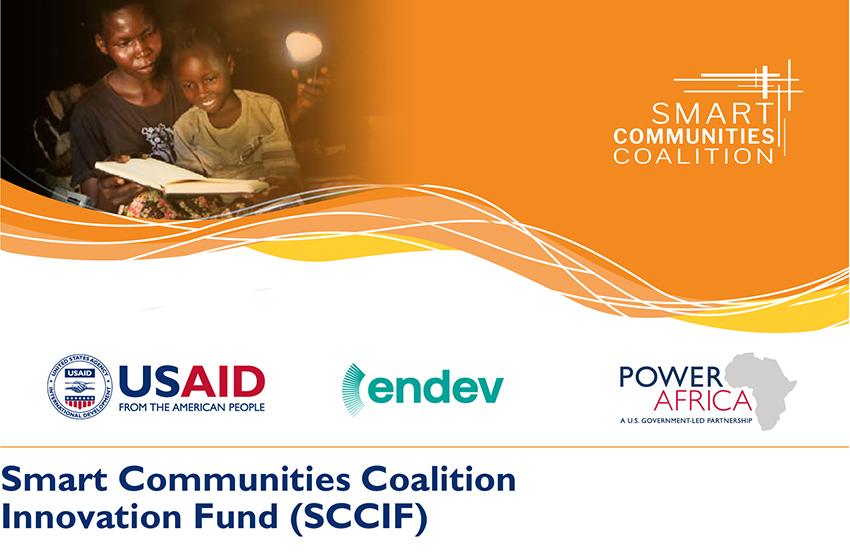
The Smart Communities Coalition Innovation Fund (SCCIF) aims to bring private sector-led innovative solutions to displaced populations and crisis-affected host communities to develop service delivery, economically empower displaced populations and contribute to economic and social integration. The fund is designed to address three strategic pillars to trigger a paradigm shift in humanitarian settings – energy, connectivity, and digital tools.
CALL FOR PROPOSALS
The recently launched SCCIF, which aims at bringing private sector-led innovative solutions to displaced populations and crisis-affected host communities, is calling for proposals by interested parties.
Eligible applicants such as entrepreneurs, companies, social enterprises, microfinance institutions, NGOs and consortiums can submit proposals focusing on modern energy services (addressing pillar one of the SCCIF).
The fund will disburse grant amounts between 10,000 to 120,000 Euro, focusing on refugee-hosting areas of Kenya (except Dadaab) and Uganda.
If you think you can contribute with innovative, sustainable approaches to the delivery of basic services, creating economic opportunity for the forcibly displaced and host communities, the SCCIF secretariat would like to receive your application.
The Call for Proposals is open from September 1 until September 30. Applications can only be submitted electronically. Please download this file, fill the form completely (including annexes) and send it to sccif@giz.de with a copy of the legal registration of the lead applicant in Kenya or Uganda.
Important: Further information such as criteria for eligible entities and technologies, funding amounts, geographical locations etc. can be accessed through our FAQs below.
Q&A WEBINAR
A webinar to address questions and provide further clarifications was held on Wednesday, September 16th, 15:00 CET / 09:00 EST. If you would like a copy of the minutes of the meeting, which includes questions and answers, send a request to sccif@giz.de.
SCCIF Launch Questions & Answers
1. What is the Smart Communities Coalition (SCC)?
Established in January 2018, the Smart Communities Coalition (SCC), co-chaired by Mastercard and USAID, enables innovative, sustainable approaches to the delivery of basic services, creating economic opportunity for the forcibly displaced and their host communities. Its network of public and private organizations boasts 50+ members and focuses on utilities: energy, connectivity, and digital tools.
2. What is the Smart Communities Coalition Innovation Fund (SCCIF)?
The Smart Communities Coalition Innovation Fund (SCCIF) seeks to advance and accelerate the model of public-private co-design and co-implementation of programs in the humanitarian context. Managed by EnDev with funding from USAID, the SCCIF’s first window focuses on access to modern energy services, providing support to entrepreneurs, companies, social enterprises, microfinance institutions, NGOs and consortiums to expand their delivery chains and bring innovative solutions to displaced populations including refugee camps, settlements and host communities in refugee-hosting areas.
The Fund offers financing windows to selected projects. A learning agenda is also included in the SCCIF project. The learning agenda is based on the pilot call for proposal. Learning from this pilot call will help design subsequent calls.
3. Why is the first call only covering only pillar 1 (energy) of the Smart Communities Coalition?
The pilot call for proposals covers only renewable energy since it is the core competency of the funder (Power Africa/USAID) and the implementer (Energizing Development - EnDev). Depending on availability of funds, subsequent financing windows could cover other SCC pillars (2 – Connectivity or 3 - Digital Tools) and other countries.
4. Why is the first call only covering Kenya and Uganda?
The Smart Communities Coalition (SCC) is a public private effort seeking to transform the operating model in refugee camps and settlements. Refugee settlements in Kenya and Uganda are currently the target for benefiting from this integrated approach to camp management, service delivery, and host community engagement. This does not imply that future funding windows will be restricted to these two countries. Depending on further funding, the activities can be geographically extended.
All refugee-hosting districts of Uganda are eligible under the pilot call. In Kenya, the Dadaab area is not eligible for this pilot call. Regarding the Kakuma-Kalobeyei area, the SCCIF will coordinate planned activities with the Kakuma Kalobeyei Challenge Fund (KKCF). The KKCF is a five year project designed to support private sector investment and unlock the economic potential of refugees and their hosts. Through this fund, managed by the International Finance Corporation, private sector companies and social enterprises will compete for performance-based grants in five areas including energy.
5. Who can apply?
Refugee or host community entrepreneurs, private companies, social enterprises and microfinance institutions can apply. The condition for application is a legal registration document in either Kenya or Uganda. Teaming up with other actors in consortiums will most likely bring more successful and innovative proposals.
6. I am an NGO, can I apply?
Yes, NGOs, United Nations and intergovernmental organizations, local and national governmental agencies can all apply if they are part of a consortium with at least one of the eligible applicants listed in question 5. There are no limitations on the number of consortium members except that each needs a defined role.
7. I want to work with host communities, is this possible?
Yes, as long as these host communities are established in refugee-hosting areas of Kenya and Uganda.
8. Which renewable energy technologies can be promoted?
Eligible applications must involve electricity production, devices or services. Ultimate beneficiaries of improved electricity access are households, businesses or institutions. Only renewable energy sources are eligible for this call: hydro, solar, wind and biomass. For biomass, applicants would need to indicate the type of electricity conversion technology (gasification, biogas, straight vegetable oil etc.) and feedstock. Solar lanterns are not considered as electricity access devices and therefore solutions to commercially advance solar lantern value chains are not eligible. The following list provides an illustrative example of renewable electricity production devices or services:
- Solar Home Systems
- Mini grids powered by renewable energy sources
- Solar pumps
- Solar for refrigeration
- Energy kiosks
- Gasifiers, biogas digesters for electricity production
- E-Cooking (see below)
- Etc.
9. Can the SCCIF fund a clean cooking project?
Clean cooking projects can only be financed if they have an electrification component. For instance, establishing a commercially viable energy kiosk in a refugee settlement selling clean cooking products and solar home systems is an eligible project, as well as supporting the commercial deployment of e-cooking solutions.
10. What is the available funding?
For the first call, a total fund structure of €360.000 has been established for disbursement to successful applicants. Each successful applicant will receive between €10 000 to €120 000, depending on the stated needs and business model.
11. What are the eligibility criteria for applications?
Proposals will be found ineligible for the following reasons:
- Incomplete applications
- No legal registration in Kenya or Uganda
- Applications concerning a county (Kenya) or a sub-district (Uganda) without refugees
- No electricity access component (solar lanterns are not eligible)
Applications meeting at least one of these criteria will not be evaluated.
12. How will the applications be evaluated?
Eligible applications will be evaluated by a team of independent evaluators known for their knowledge of humanitarian energy and business development. The evaluation committee will then submit its recommendations to the project steering group which will take the final decision regarding awarding. The steering group consists of the funders of the SCCIF and its implementer, EnDev. Following the steering group decision, EnDev will approach and enter into contract negotiation with the selected applicants.
13. I am interested, what are the next steps, what should I do?
If you are interested, please send an email to sccif@giz.de. You will then be registered to receive further information about the call for proposals when it opens in September.
14. I represent a donor and I love the idea, who should I contact?
Please contact us at sccif@giz.de and we will arrange next steps.
EnDev is funded by:

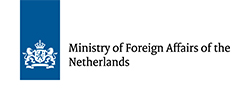
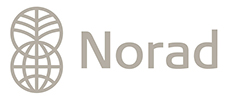

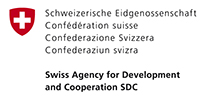
Implemented by:
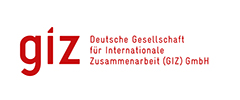


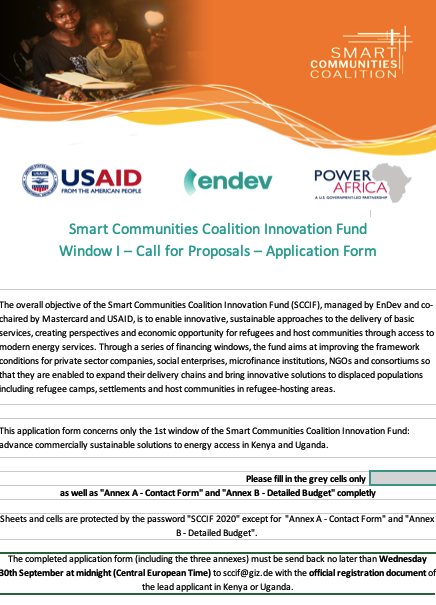
Comment
Make a general inquiry or suggest an improvement.